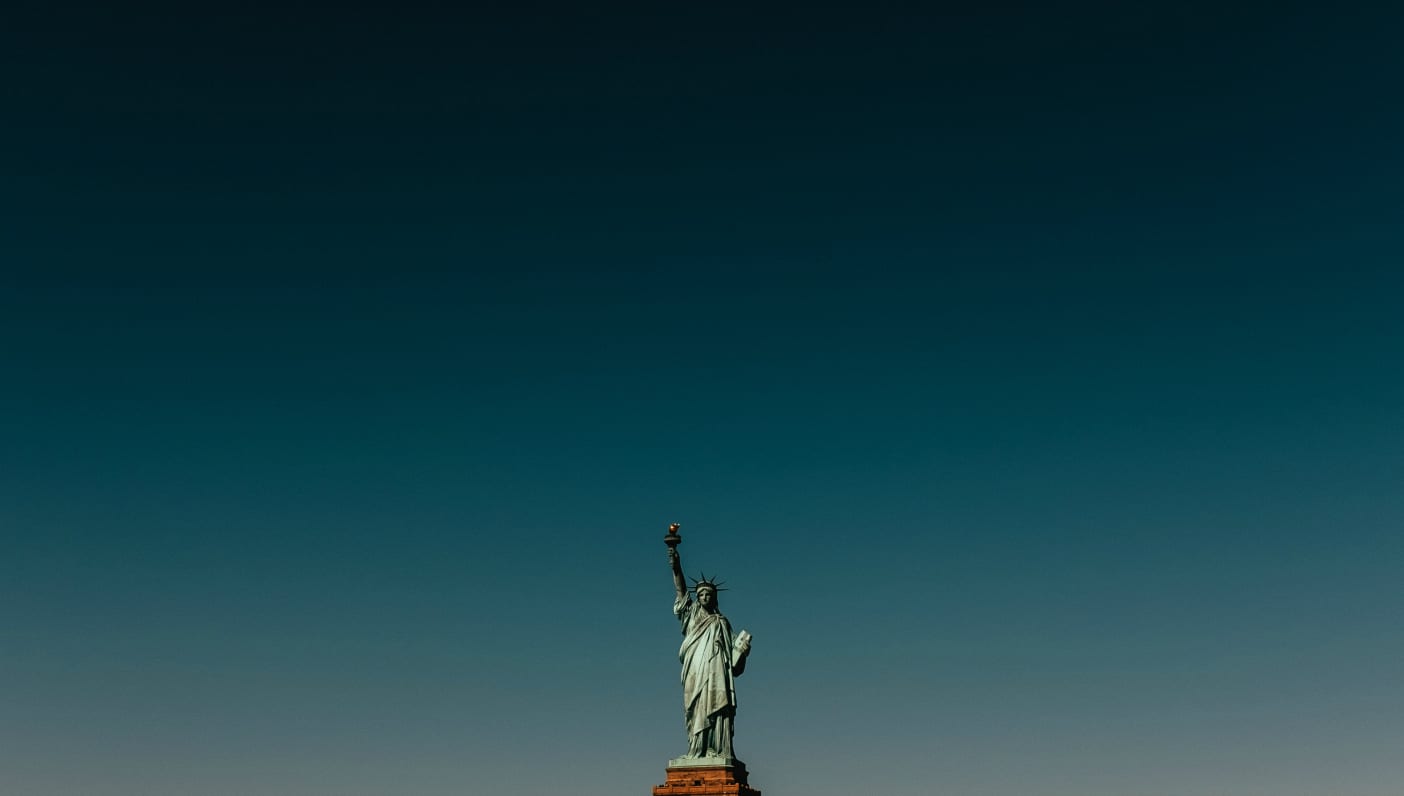
Kerri Kelly is just one of the luminaries you can learn from at Wellspring this October. For tickets and more information, click here. Wellness industry professional discounts and scholarships available!
There is no doubt these are critical and complex times that we live in.
How do we make sense of a world where one in two Americans suffers from a chronic disease, despite the thriving $377 billion dollar pharmaceutical market? How about a world in which the American Dream pays almost half of the population less than $15 an hour? A world in which more prisons are built every year than schools, in which more kids—the vast majority of whom are Black and Latino—are incarcerated than in any other country, ?
How can we make sense of country or a political process that claims to be democracy, built upon citizen participation, when our elections are bought and sold to the highest bidder?
These truths illuminate the bottom line: We are not well. Not by a long shot. And here’s the kicker—our systems benefit from this sickness. The very systems under which we operate perpetuate the belief that we are not „enough,“ that if we only “buy this“ we’ll find „happiness;“ that if we only “do this“ we’ll „be skinny;” that if we only “read this“ we will „be enlightened.“ For the systems to keep working, we must remain in this state of un-wellness. It’s in their best interest that we feel powerless, that we have disengaged.
But something else is happening.
There is an inner revolution emerging. It’s taking place on yoga mats, meditation cushions, at co-ops, in creative living spaces, at alternative festivals, and in lieu of partying. What might start on the yoga mat very quickly leaks out into people’s lives. This in turn impacts their families, informing their purchasing decisions and inspiring their participation in community. It is a movement that is inspiring people to speak out about issues like wellness, access to healthy food, sustainability of our planet and more.
But how do we reconcile an America where only some of us get to be well and so many are still suffering?
The wellbeing gap in this country is real. Wherever there is a higher prevalence of poverty and unemployment, where’s there’s a lack of access to housing and public transportation, you find people who are struggling to survive—much less to be well. But these are not “other people’s problems.“ We are not separate from the suffering of fellow humans, the same way we are not separate from the planet. There can be no wellbeing of me if there is not wellbeing for all.
So what does our practice call us to do?
- Lean in: You don’t need a PhD in food system reform or climate change to ask hard questions, to get involved, and to demand accountability. You just need courage and curiosity. It is enough that we care about one another and are committed to creating a better world. Let’s lean in together.
- Take Action: It’s not enough to debate issues and talk politics. We need to create the conditions where everyone—irrespective of race, gender, sexual orientation, or socioeconomic status—can experience safety, freedom, and fulfillment. It requires us to take a whole-systems approach to change that considers programs and policies such as food system reform, economic wellbeing, work-life balance, climate change, criminal justice reform, healthy neighborhoods, civic empowerment. and more.
- Let’s tell a New Story: Somewhere along the way we have forgotten why we are here; we’re caught up in a culture of doing, rushing, texting, buying. When we stop and listen, we remember that we need each other (all of us) and have a mutual responsibility to show up, speak out, and fully engage. We need to tell a new story of who we are and who we are to one another. Only then can we begin to believe in what is possible and move forward together.
And here’s the good news:
The community of those dedicated to making the culture of wellness pervasive is millions strong. The market share of products that make up personal wellness, organic foods, and sustainably-made items totals $300 billion in the U.S. alone—and is estimated to be growing by 10–15 percent annually. This is not just a huge opportunity. It is a huge responsibility.
When we are in right alignment with the values of interconnection and compassion, we are called to act on behalf of the whole, not just a few. That is what a mindful America looks like: A movement of people who are coming together in practice and action for the wellbeing of ALL.
We are the ones we’ve been waiting for. – June Jordon
It’s time to stop waiting for someone else to step up, complaining about the broken system and pointing fingers at the other side. If we want to change the course and create, as said by Charles Eisenstein, “the more beautiful world our hearts know is possible,“ we must remember this: We need to dream bigger than what is right here, right now. We need a vision of practice and community and movement that is radically welcoming and inclusive of everybody, regardless of socioeconomic status. We need a community that acknowledges the inherent dignity in all human beings, where everyone is welcome, where there is enough and we are enough, where we act courageously and compassionately for human rights and the right to be human, a community where we understand the interconnection of all things, that we impact each other and are impacted by each other, and that we exist for the sake of one another.
This is what one nation under wellness could look like. And it can be the new story of US.
—
 Kerri Kelly is the founder of CTZNWELL, a movement to mobilize the wellbeing community into a powerful force for change. She was formerly the Executive Director of the non-profit Off the Mat, Into the World and currently serves as strategic advisor. She also works with The Catalyst Collective, an innovative consultancy designed for mission-based projects.
Kerri Kelly is the founder of CTZNWELL, a movement to mobilize the wellbeing community into a powerful force for change. She was formerly the Executive Director of the non-profit Off the Mat, Into the World and currently serves as strategic advisor. She also works with The Catalyst Collective, an innovative consultancy designed for mission-based projects.